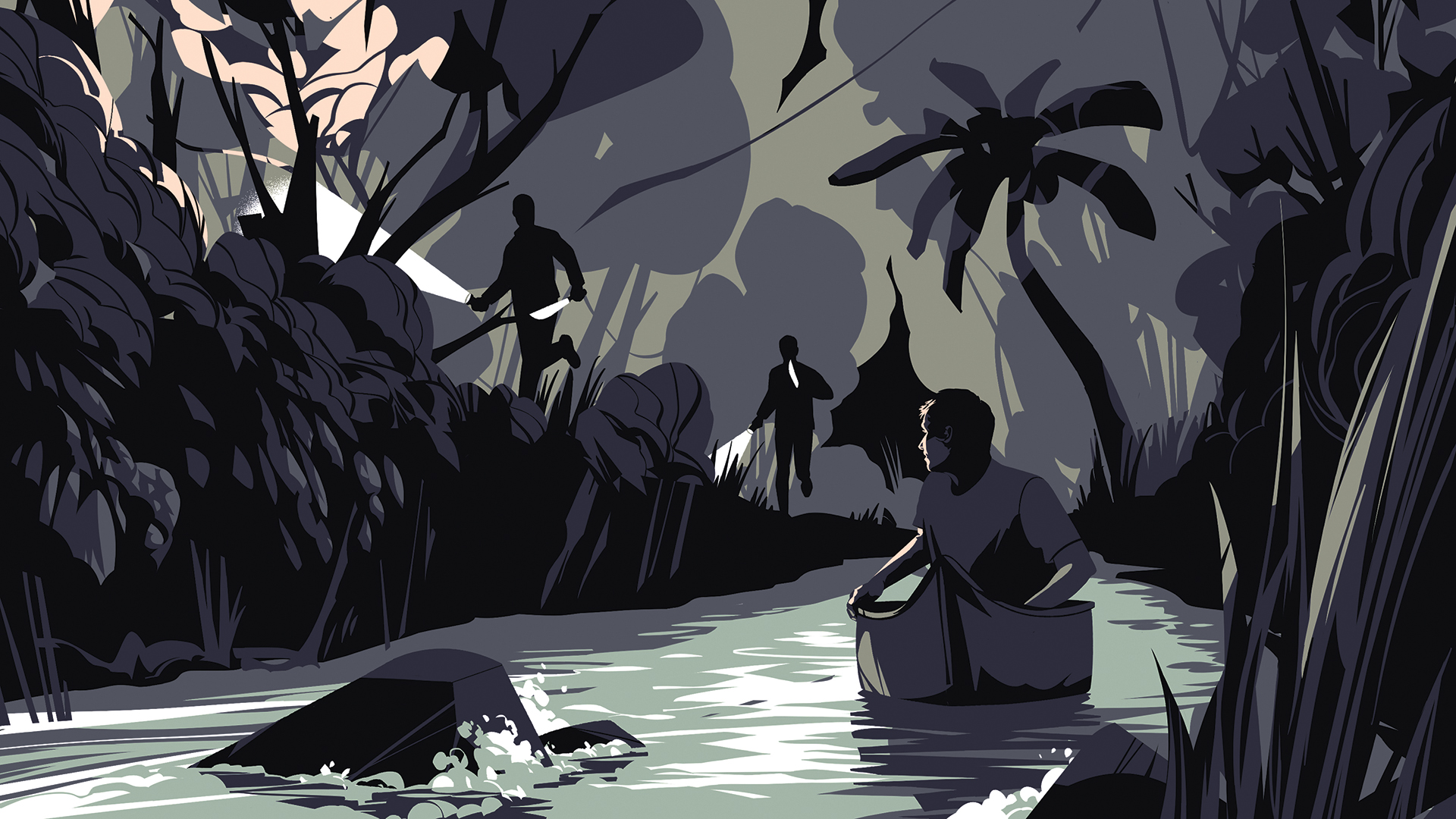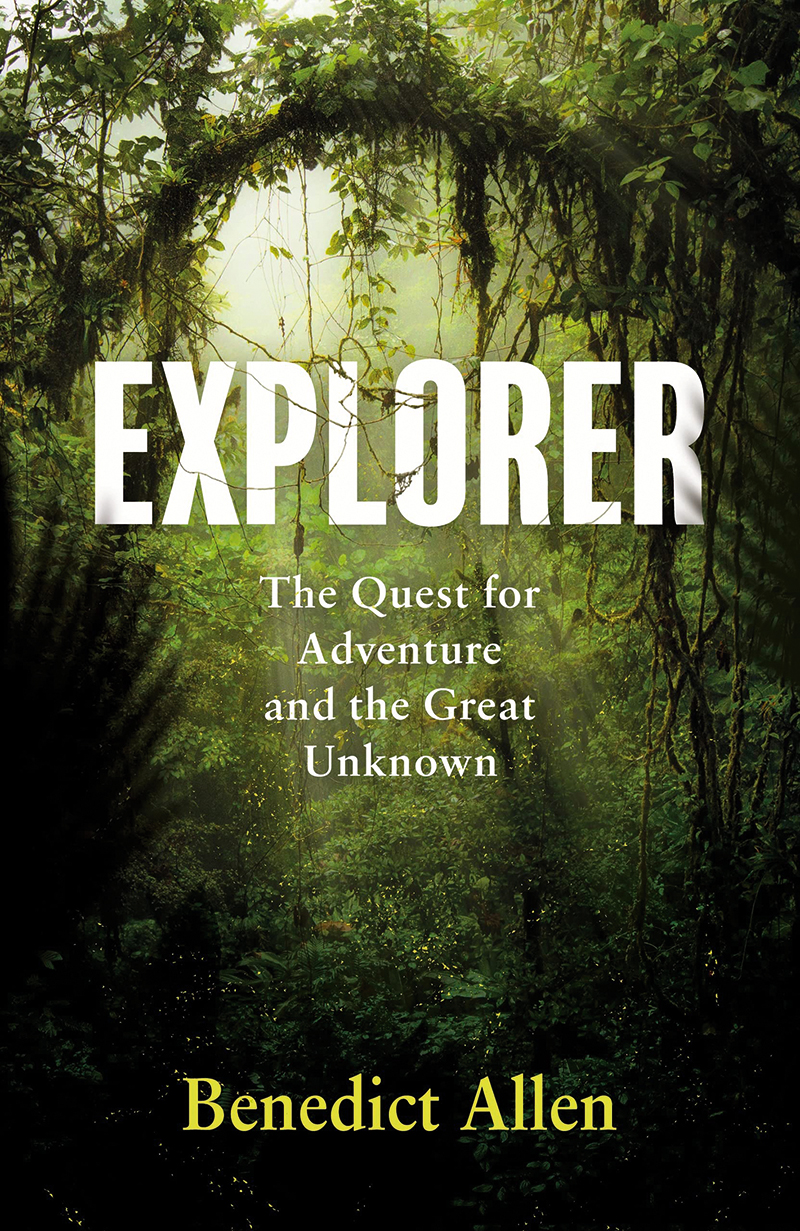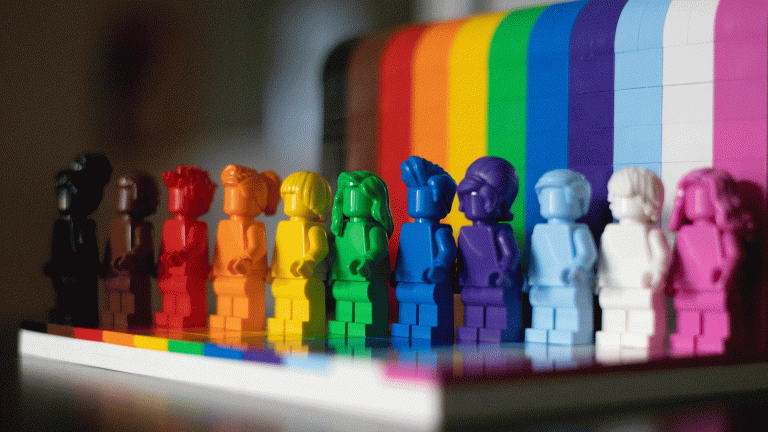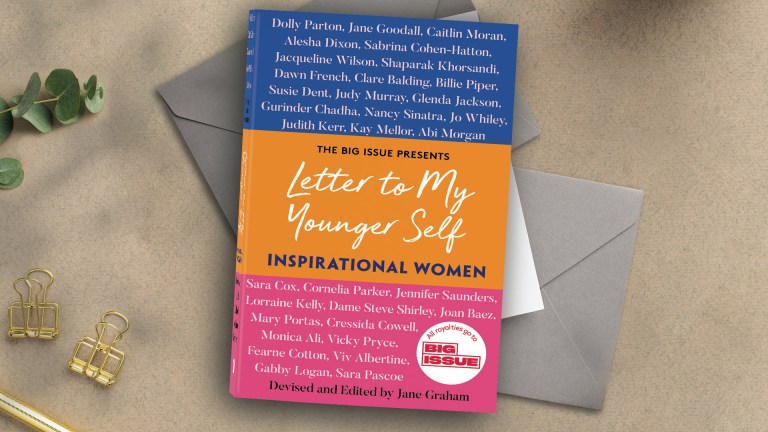As children, we all dream of what we might do when grown up, and my dream was that I’d be an explorer like Sir Walter Raleigh, Dr Livingstone or Scott of the Antarctic – one of those sturdy characters who went off to discover things about faraway worlds. But as years went by – this was the 1960s – I realised the world was by now largely explored. Besides, it turned out that expeditions cost quite a lot of money.
Perhaps that childhood dream would have come to nothing but for my dad. He was a test pilot, and watching him fly his prototype Vulcan through the grey skies of Cheshire I realised it was possible even in this day and age to be someone who pushed the boundaries of human knowledge – or at least headed beyond Macclesfield.
Through my university years, I clung on to my dream, wondering about the last unmapped corners of the globe, and earned enough money for a ticket to South America. It was out there, among the simmering forests between the Orinoco and Amazon, that Raleigh had searched for a lost kingdom of gold, the fabled land of El Dorado. To this day, it seemed, no one had crossed right through the region – 400 miles of tropical vegetation.
Perhaps not surprisingly, that first, hopelessly ambitious journey went badly wrong, despite the efforts of various indigenous communities to help me on my way. One night, still 60 or more miles from the outside world, I found myself set upon by two gold miners with knives. I ran off through the darkness, down to my canoe, then pushed off – ahead of me nothing but the whistling rainforest, and the ominous sound of fast water.
Soon enough, my canoe capsized, and now I had to swim my way through the rapids to the riverbank. When I did finally make it to the shore I sat there in a daze. My clothes were dripping, hands bleeding from where I’d clawed at rocks. I was just 23 and now alone in the tropical forest having lost all my possessions – clothes, food, medical kit. No one in the world knew where I was.
I began walking. For days I stumbled through the undergrowth, fashioning tents of leaves, sleeping on the damp ground with the ants. I succumbed to one strain of malaria, then another. Onward I went, knowing only that I must try my best for my mum and dad, and summon the energy to keep going. It was perhaps three weeks before I broke out into the daylight.










